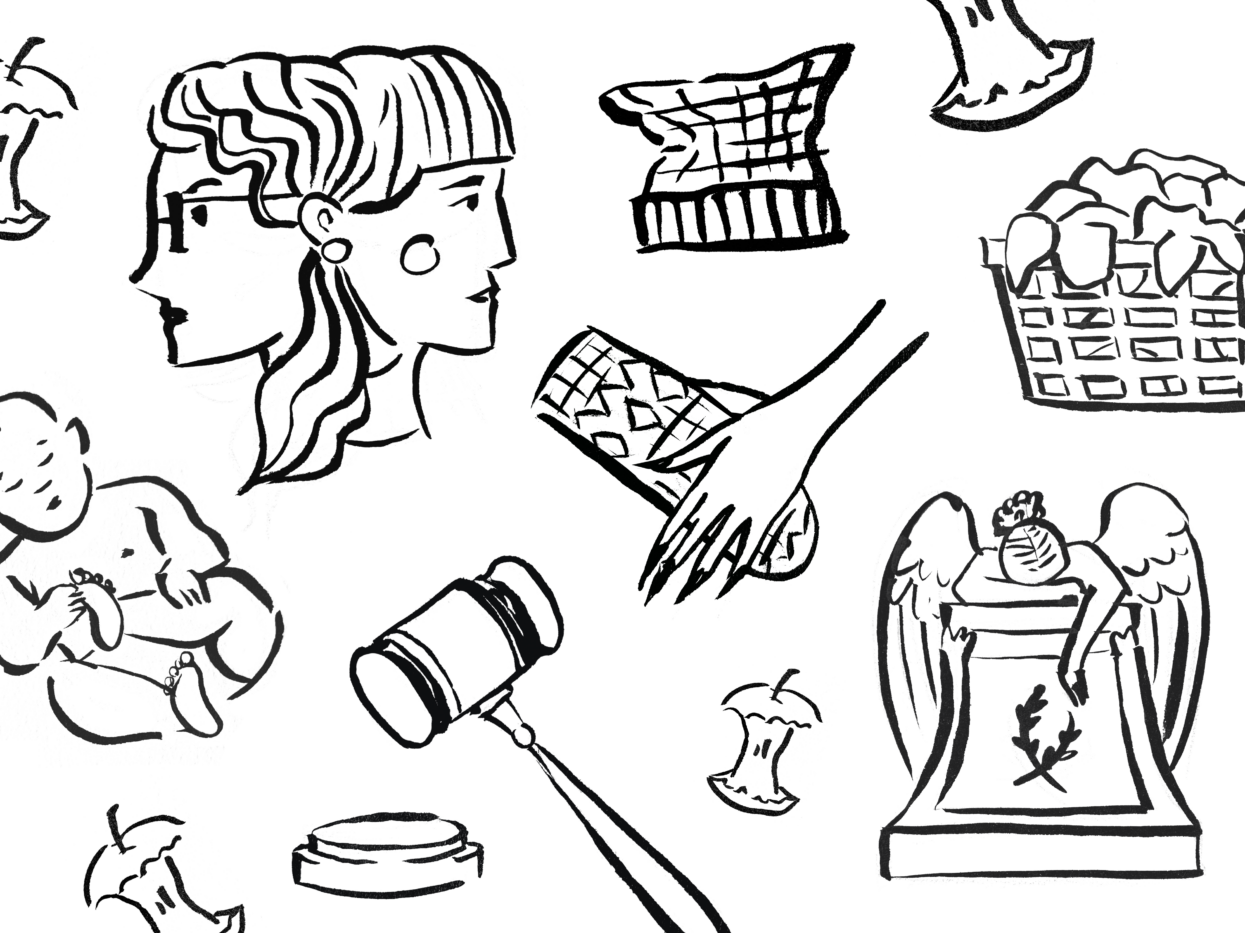
Image by Ivy Sanders Schneider

Image by Ivy Sanders Schneider
For a long time now, we’ve had the sense that feminism is in trouble. In the years before the pandemic, its most prominent battles — the Hillary Clinton campaign, the Women’s March, #MeToo, the Kavanaugh confirmation hearings, “Nevertheless, she persisted” — were about figureheads. These days, symbols no longer seem adequate, or even all that meaningful. The professions (teaching, nursing, eldercare) that have been most overtaxed and underprotected during the Covid-19 era are all female-dominated, and women’s overall participation in the workforce is at its lowest point in our lifetimes. As of last summer, a third of American mothers had cut their hours or stopped working altogether. Roe is not long for this world.
Feminism tends to come in spurts: moments of fervor followed by years or decades of regression. The feeling that we’re on the precipice of a backlash (if not already amid one, among young people across the political spectrum) is cause for concern. It shouldn’t need to be said: in 2022, women are still getting the short end of the stick, not just in the boardroom or bedroom but everywhere else too. The mainstream coverage and the most hyped books on the subject don’t seem to grasp the profound malaise we’re witnessing — and what has felt like a course-reversal over the past two years. To try and sort through what’s going on, we asked some of our favorite thinkers to pick apart various aspects of a movement in crisis.